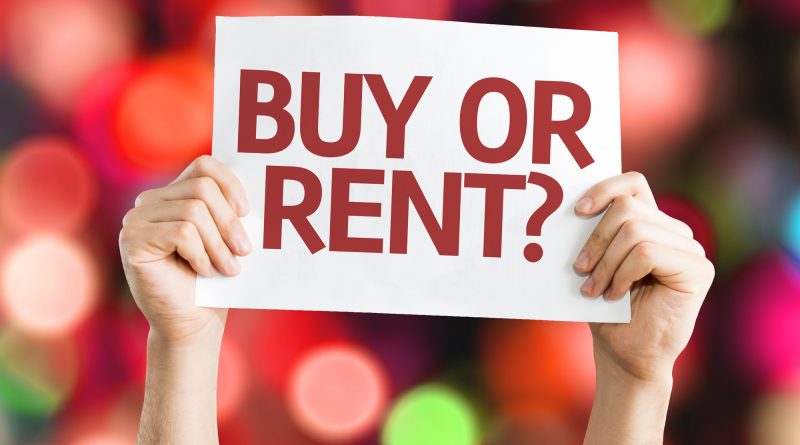Renting or Owning: The Next Financial Step
As you grow up, you will likely experience many different living situations throughout your lifetime. When you are a child, you are at the liberty of your guardian(s) to decide where you are going to make those memories. Your first time living in a home is going to be a very memorable experience. Whether you decide to rent a home or purchase one that you can own, home ownership comes with a whole new set of responsibilities. You might be wondering which is the best decision for you. Cost is a big determining factor, so in this article, you will get to see a breakdown of all of the costs that go into each option.
How Much Does it Cost to Rent?
As you begin the process of renting a home, you are going to need to fill out an application. This can sometimes cost a small fee of around $20-$25. A lot of landlords also like to perform a credit check to ensure that you are in good financial standing. If you have bad credit, then this is going to be a poor reflection of your ability to pay your landlord when it comes time to pay rent. If you do get approved, this is a cause to celebrate. You also need to keep in mind that the security deposit is about to be due.
Your security deposit is going to be dependant upon what your landlord decides. Normally, you must pay first and last month’s rent. These costs can vary depending on which state you live in. Each month, you are going to need to pay your landlord rent, just as you would if you were to live in an apartment. The rent price is also up to the discretion of the landlord. Depending on how big your space is, what utilities it comes with, and what additional storage space you might have, you are likely going to pay more. The average monthly rent in the US is between $700-$1,000. Keep in mind, if anything breaks inside of your home, you may or may not have to pay for these repairs depending on if your landlord has included these things into your lease.
How Much Does it Cost to Own?
The area you live in is going to determine a lot regarding how much you can expect to pay when you are looking to buy a home. Your neighborhood needs to be safe, yet it also needs to be suitable for your budget. Buying a home is often a longer process than renting one because you will need to take additional time to find the right one. When you buy a home, it is an investment. You should be planning to spend at least 3-5 years in that same home because moving can be a big inconvenience. You will have to sell your home before you can buy a new one.
Unless you have the money upfront, the average cost of a house in the US $200,000 and it would need to be financed through a mortgage. When you have a mortgage, you will typically pay a down payment that you have saved up, and then your mortgage payments are due each month, similar to a rent payment. There is an APR rate that comes along with a mortgage, so the longer you take to pay it off, the more interest accrues. This is why many homeowners decide to refinance at some point during their time owning a home in order to get a better rate. After paying for your actual home, you are going to need to get insurance in place. Homeowners insurance does not always cost a lot of money, but it does depend on your location and the size and age of your home.
Your water, heating, and electricity must be paid for when you own a home. In some cases, having a landlord means that these things will be included in your rent, but being a homeowner means taking on these responsibilities on your own. These bills can add up, especially in very hot months or very cold months when you need to use additional utilities. There is also a consideration to be made regarding your landscaping and handiwork needs. If anything needs to be fixed or is broken, you are going to need to hire someone to do this, which is an additional cost out of pocket.
Pros and Cons of Each Option
Renting:
Pros
- Lower monthly payments
- More flexibility to move in the future
- Landlord takes more responsibility for repairs/damages
Cons
- No tax break for renting
- Housing costs are not fixed
- No equity
Owning:
Pros
- Privacy
- Increased value over time
- Costs are more stable and predictable due to fixed-rate mortgages
Cons
- When something breaks, you must find a way to fix it
- It is a long-term financial commitment
- A large down payment is required

